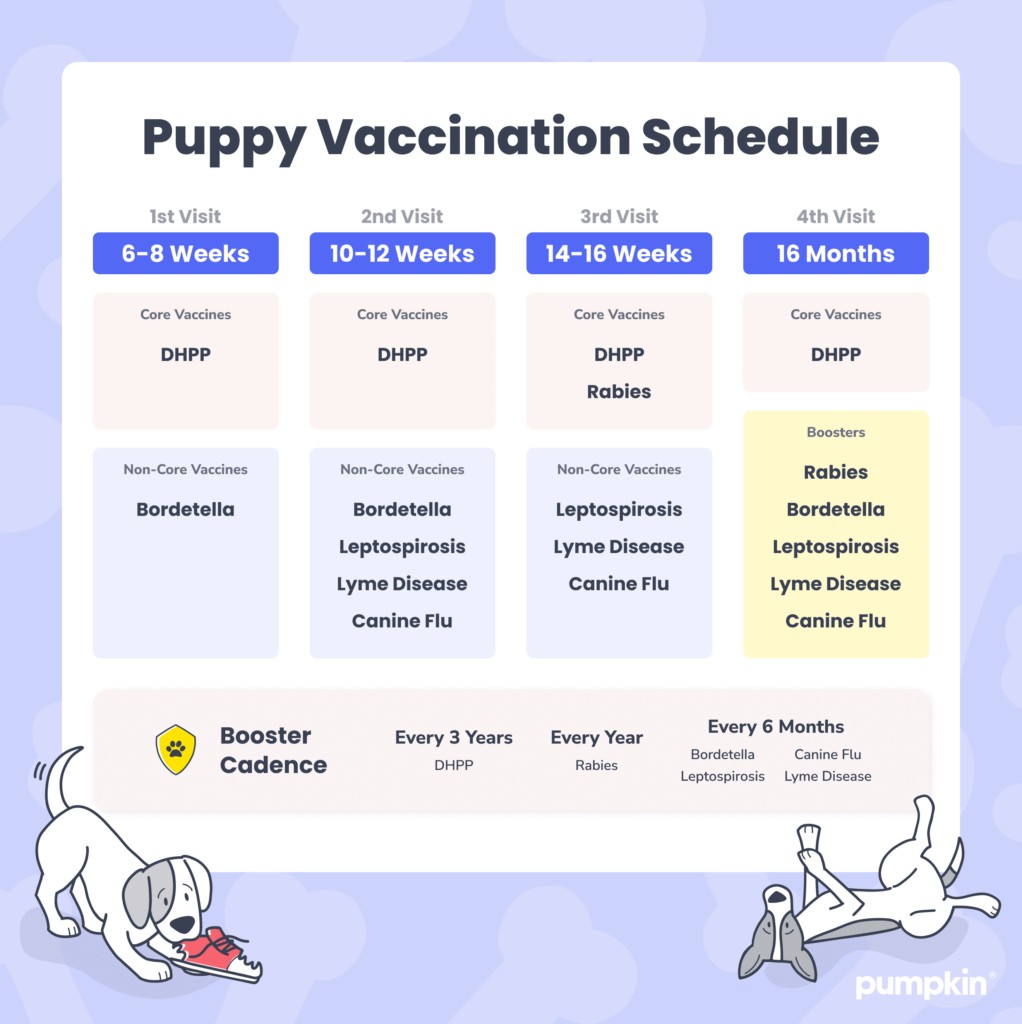- Zoe Tanner
- Sep 20, 2022
- 5 min read
Updated: Nov 6, 2025
Key Points
Leptospirosis is an infectious disease that can show symptoms such as fever, vomiting, loss of appetite, and severe fatigue.
Antibiotics are usually an effective treatment for leptospirosis.
Leptospirosis can spread from animals to humans, so you should wear gloves and use disinfectants when cleaning up after your infected dog.
Keep your dog away from potential contamination sites like stagnant water, moist soil, and wild animals.
Leptospirosis (also known as lepto) is a bacterial infectious disease that spreads through the urine of infected animals. If left untreated, the resulting bacteria can target dogs’ kidneys and lead to severe liver damage or renal failure.
Leptospirosis infection occurs when a dog comes into contact with contaminated water or urine. Leptospirosis is a zoonotic disease, meaning it can be transmitted between humans and animals – so you should take particular precautions around your dog’s urine. Your dog can also get leptospirosis from contact with wild animals like raccoons, opossums, and skunks (or their urine).
While leptospirosis is generally treatable with antibiotics, it can be fatal in some cases – especially if left untreated. If you think there’s a chance your dog contracted leptospirosis, you should contact your veterinarian as soon as possible.
Symptoms
Depending on the dog, symptoms range in severity and usually develop 5 to 14 days after infection. If your pup has leptospirosis, they may let you know by exhibiting signs of:
Fever
Vomiting
Loss of appetite
Severe fatigue
Shivering
Stiffness
Sore muscles
Weakness and depression
Clinical signs of lepto include jaundice, which is the yellowing of eyes and gums as a result of liver failure. You should take signs of leptospirosis seriously since serious conditions like liver or kidney failure can develop if an infection goes untreated.
Causes
According to the CDC, canine leptospirosis spreads through the urine of infected animals. If your dog plays in or drinks infected water, it’s possible for leptospira bacteria to enter your dog’s body through open sores, small cuts, or mucous membranes like the soft tissues of the gums and nose. This bacteria multiplies after making its way into your dog’s bloodstream, concentrating primarily in the liver and kidneys, which can lead to renal failure. Since leptospirosis also affects wild animals, your dog can contract the disease by interacting with wild animal waste as well.
Your dog can contract leptospirosis through:
Contact with infected urine
Contact with infected water or floodwater
Contact with infected soil
Contact with infected animals
Diagnosis
Since symptoms are commonly connected to other medical issues, leptospirosis can be hard to diagnose. After performing bloodwork and a urine test, your vet may also do further PCR testing to determine if your dog has leptospira bacteria or antibodies in their system. An agglutination test can also determine antibody status, which can also help diagnose leptospirosis. In addition, your vet might want to take an X-ray of your dog’s chest or internal organs to check for organ damage or hemorrhages.
Treatment
Generally, antibiotics are an effective method of treatment for dogs diagnosed with leptospirosis. Depending on the severity of your dog’s case, IV fluid, an electrolyte booster, or even a blood transfusion may be required. Your vet will know the right course of action for treating your dog’s case of lepto.
Recovery and care
Your dog will require incredible amounts of rest and relaxation when recovering from leptospirosis. If your dog was prescribed Penicillin or other antibiotics, they might have an extra sensitive stomach, so be sure to provide them with access to plenty of fresh water. A comfortable bed and a few extra cuddles will also help your dog through their recovery.
Prevention
If you live in a city, be sure to protect your dog from leptospirosis by steering them away from trash runoff, standing water, and other animal droppings. Don’t let your dog drink from puddles or play in unclean areas. Avoid direct contact with infected animals, and stay away from dirty water or moist soil.
If your dog is diagnosed with leptospirosis, be sure to take extra precautions around their urine since the bacteria can also affect humans. Wear gloves when cleaning up after your dog, and disinfect accidents with bacteria-killing chemicals like bleach, ammonia, or other disinfectants.
There is a vaccine for canine leptospirosis, which your veterinarian might recommend depending on your dog’s lifestyle. The vaccine is currently not a required immunization for dogs, so you should consult your veterinarian to see if the vaccine is right for your furry friend.

What to expect at the vet’s office
Be prepared for a physical examination as well as some urinalysis or bloodwork. You should also be prepared to answer questions about your dog’s symptoms and behavioral abnormalities.
Your vet might ask you:
How long your dog has been exhibiting symptoms
Specifics about your dog’s medical history
If your dog takes any medication
The bottom line
Leptospirosis in dogs can lead to severe health conditions if left untreated, which is why you should always consult your veterinarian if you think your dog was exposed to leptospira.
FAQs
Does pet insurance cover leptospirosis?
Pet insurance plans like Pumpkin plans may cover costs associated with unexpected illnesses like leptospirosis. From urinalysis to blood work to exam fees, having a Pumpkin plan can help you pay for eligible vet bills to help you afford the care your pup needs.
How does leptospirosis spread?
Leptospirosis spreads through contaminated urine. Your dog might contract lepto from drinking stagnant water that contains runoff from the urine of an infected wild animal. Your dog could also become infected by playing in contaminated mud.
What can I do to prevent canine leptospirosis?
Keep an eye on your dog in outdoor areas and make sure they stay away from stagnant water or particularly moist soil. If you live in a city, it’s also important to monitor your dog on walks and steer them away from contaminated garbage. While there is a leptospirosis vaccine, it isn’t a routine or required immunization for dogs – and it also doesn’t guarantee that your dog won't get infected.
How do I treat my dog for leptospirosis?
Treatment for leptospirosis depends on the severity of your dog’s condition. In most cases, antibiotics are a suitable treatment for an infected dog, though more serious conditions can require extensive care. Your vet will be able to determine the best treatment plan for your dog.
Did you know?
Leptospirosis spreads through contact with the urine of infected animals.
If left untreated, lepto can cause irreversible damage to the kidneys and liver.
Antibiotics are usually an effective treatment for leptospirosis.
Steering your dog away from potentially contaminated water sources can help lower their risk of infection.
REFERENCES

